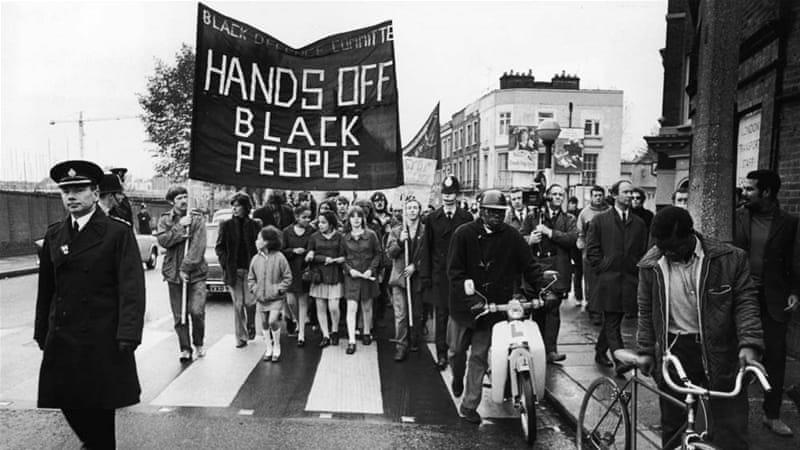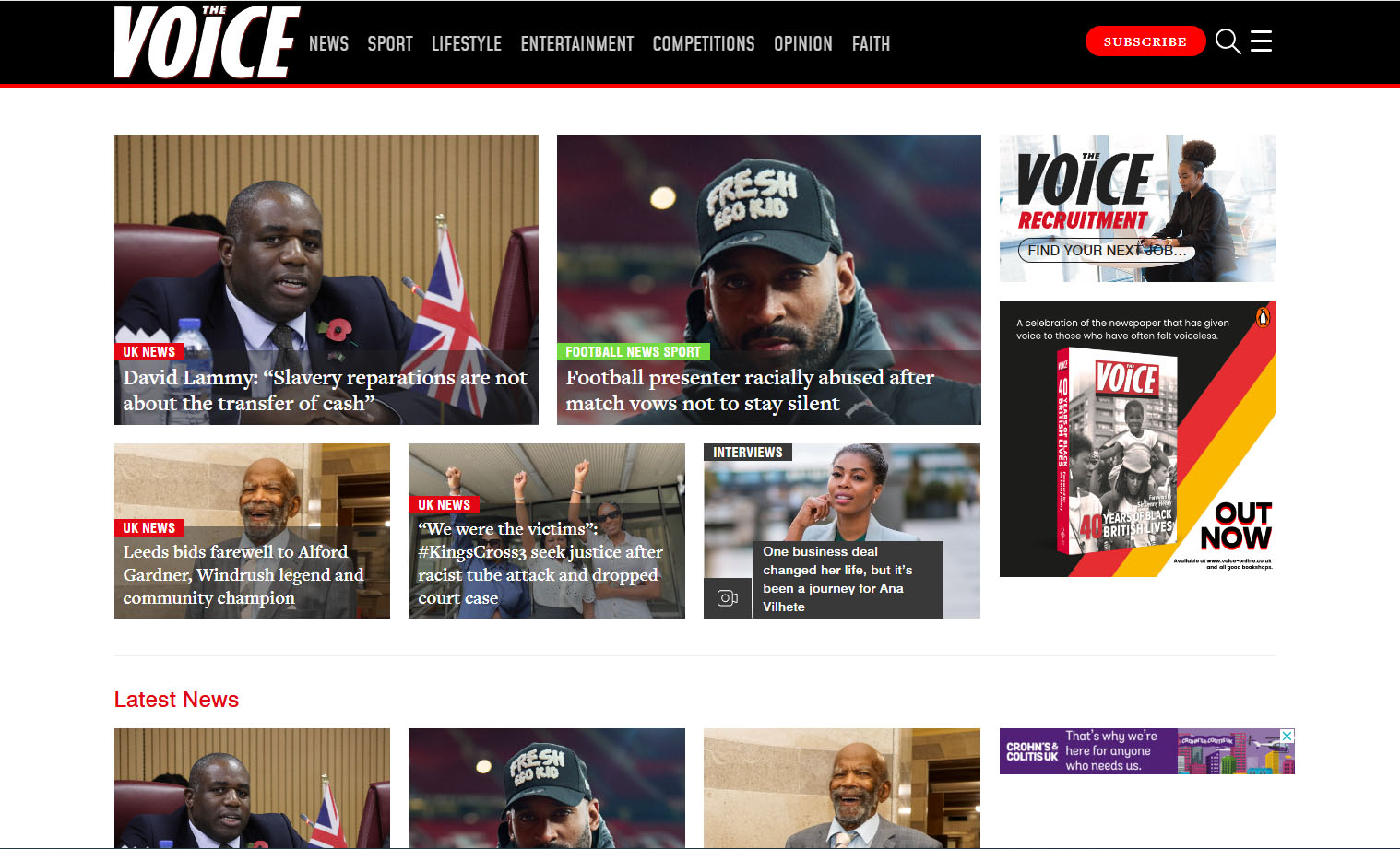The Theory of Preferred Reading
At around the same time Stuart Hall, working at the Centre for Contemporary Cultural Studies (CCCS), at the University of Birmingham, was also developing a critical theory that looked to analyse mass media communication and popular culture as a way of both uncovering the invidious work of the State and Big Business, as well as looking for ways of subverting that process. Hall was working at a time of great societal upheaval and unrest in the UK (read this article as a useful insight) and was therefore committed to understand the relationship between power, communication, culture, control and . . . behaviour management.

As presented earlier, ‘where other media theorists argue that messages are imposed on people from above, Hall said power is not as simple as that‘. Hall suggested that power, control and therefore, behaviour management cannot be exerted directly, willfully and without resistance. Towards this aim he proposed the encoding/decoding model of communication, or the theory of preferred reading, where individuals are not only active in the process of interpretation and the construction of meaning, but they are also able to dismiss and reject dominant messages. Although it could be argued that we all take up different readings of different media, Hall proposed three distinct positions that could be occupied by individual viewers, determined, more or less on their subject identities.
- A dominant position accepts the dominant message
- A negotiated position both accepts and rejects the dominant reading
- An oppositional position rejects the dominant reading
This view presents people as producers and consumers of culture at the same time. It means they are active in the making (or rejecting) of meaning through mass communication. An example, of this came from the Nationwide project, an influential media audience research project conducted by the Centre for Contemporary Cultural Studies (CCCS), in the late 1970s and early 1980s. Its principal researchers were David Morley and Charlotte Brunsdon but clearly this came under focus of audience research developed by Hall. The BBC television current affairs programme Nationwide was selected to study the encoding/decoding model, as part of reception theory, and was concerned with ‘the programme’s distinctive ideological themes and with the particular ways in which Nationwide addressed the viewer‘. (Moores, 1993, p.19)
TASK: choose any media text you like and try to think about this as a technique of behavioural management which is trying to persuade individuals to act, think, believe (ie behave) in a certain way. Apply the theory of preferred reading and try to suggest how some groups (characterised by similar subjective identities) may respond as: dominant, negotiated or oppositional.

